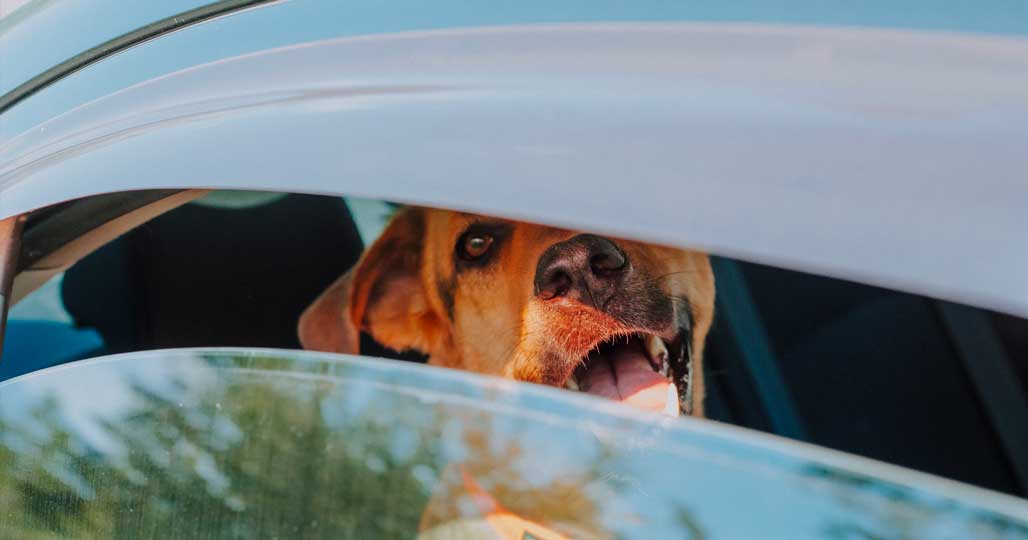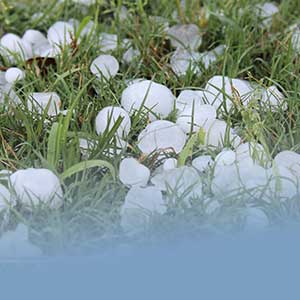Summer’s soaring temperatures can bring sunshine-filled days, but it’s important to remember that they can also pose risks to our health and safety.
Throughout this blog, we’ll share five essential tips to help you stay safe during extreme heat waves. By following these recommendations, you can protect yourself, your loved ones, and your community from the potential hazards that accompany high temperatures—without sacrificing summertime fun.
Never Leave People or Pets in a Closed Car on a Warm Day

The temperature inside a closed car can skyrocket to dangerous levels within minutes, even on a relatively mild day. Protect the ones you care about by never leaving people or pets unattended in a parked vehicle. Remember, even with cracked windows, the heat can rapidly become life-threatening.
According to John Hopkins Medicine, temperatures inside a locked car can reach 170 F. They can reach deadly temperatures in just 10 minutes—even when the outside air temperature is only in the 60s.
Always take children and pets with you or make alternative arrangements to ensure their safety.
Check on Family Members, Older Adults & Neighbors
Extreme heat waves can affect everyone, but certain individuals, such as seniors or those with underlying health conditions, may be more vulnerable.
Take the time to check on your family members, especially older adults, and neighbors, particularly those who may be living alone. Offer assistance, share information about staying cool, and ensure they have access to necessary resources during periods of high heat.
Unplug Devices if They Get Hot When Charging
In the sweltering heat, electronic devices can generate additional warmth while charging. To reduce the risk of overheating or potential electrical fires:
- Unplug devices when they feel hot to the touch.
- Avoid leaving devices in a hot car, as extreme temperatures can further escalate the risk.
- Avoid charging devices overnight or when you’re not present to monitor them.
Watch for Signs of Road Buckling or Heaving

During extreme heat waves, you might notice roads buckling or heaving. This occurs because pavement expands when it gets hot. Here’s a closer look at the science behind it:
Thermal Expansion: When the temperature rises, the pavement absorbs heat and expands. Roads are constructed with small gaps between segments to allow for this expansion and contraction.
Insufficient Expansion Gaps: Sometimes, the expansion gaps aren’t enough to accommodate the extreme heat. When this happens, the pressure builds up, causing the pavement to buckle or heave.
Age and Condition of Pavement: Older roads or those in poor condition are more susceptible to buckling because they are weaker and less able to withstand the stress caused by thermal expansion. (MN Department of Transportation)
Buckling can create hazardous driving conditions, so it’s important to stay vigilant and drive carefully during extreme heat. Keep a watchful eye for raised pavement, cracks, or uneven surfaces. If you encounter such road conditions:
- Avoid driving over them, if possible.
- Slow down and safely move into another lane.
- Report them to local authorities to ensure prompt repair and prevent accidents.
Stay Cautious! Campfires and Fireworks Become More Dangerous
While summer often means enjoying outdoor activities, it’s crucial to exercise caution during heat waves. Dry conditions and high temperatures increase the risk of fires.
- Avoid lighting campfires or setting off fireworks during extreme heat periods, as they can spark uncontrollable flames.
- Stay updated on local regulations and advisories to ensure your activities align with safety guidelines.
By coming together as a community and looking out for one another, we can navigate extreme heat with confidence and safety. Stay cool, stay informed, and enjoy the summer season responsibly.
Reach out to your Badger agent today to ensure your personal and business policies are up-to-date, providing year-round protection for you and your family.





